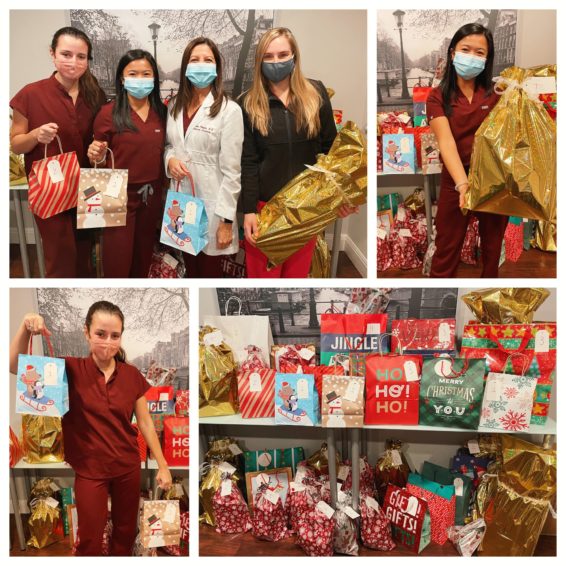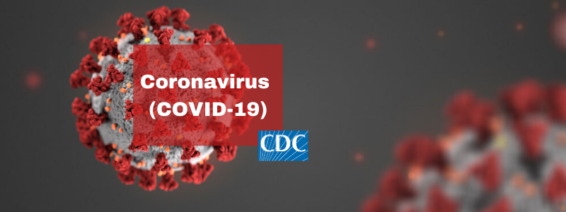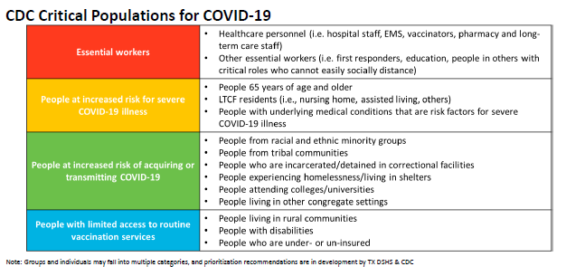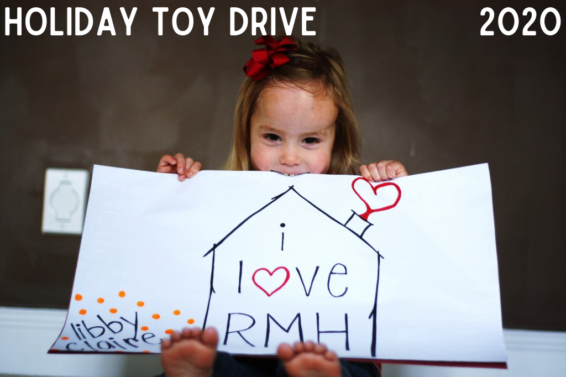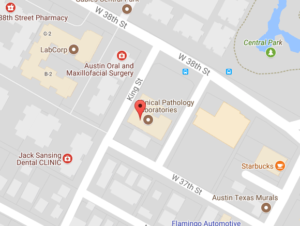The news about COVID-19 has been mostly positive in the U.S. over recent months, and fortunately, the situation continues to look reassuring for individuals who are vaccinated. Unfortunately, the same cannot be said for those who are not vaccinated, largely because of the Delta variant.
The vaccines continue to work well against every variant, and the number of vaccinated Americans continues to rise. However, the U.S. still faces two problems. First, the pace of vaccinations has slowed down, and a considerable amount of Americans – close to one third – remain hesitant about getting the vaccine. These unvaccinated individuals will remain vulnerable to COVID outbreaks and to serious symptoms, or even death. Second, the Delta variant is spreading rapidly in the U.S. It now accounts for about 10 percent of cases, according to Dr. Scott Gottlieb, a former F.D.A. commissioner. The Delta variant is by far the most contagious variant of this virus and it is also more severe. In countries with more rapid, widespread testing, it has been found that patients are becoming sicker and their conditions are worsening much more quickly. Together, these two factors help explain why new cases are no longer falling.
Experts are concerned that cases will eventually start to rise again as Delta becomes the dominant form of the virus. They are expecting to see surges this fall, including many hospitalizations and even deaths, in low-vaccine populations due to the combination of seasonality, the adverse effects of Delta, and the “back-to-normal” behavior.
There is one big piece of encouraging news: The vaccines continue to work extremely well against the variants, based on current evidence. The data suggests that fully vaccinated individuals remain protected from the variants. The vaccines vastly reduce the number of COVID cases of any kind and virtually eliminate death. This is demonstrated in Britain, where the Delta variant has spread widely and become dominant, and where the vaccination rate is high, there are still no signs of increase in deaths (Dr. Eric Tropol of the Scripps Research Translational Institute).
Nothing is more important than vaccination. COVID-19 vaccines are safe and effective. Studies show that the vaccines are effective at keeping individuals from getting COVID-19. Getting vaccinated will also help keep one from getting seriously ill even if they do get COVID-19. Vaccination is an important tool to bring everyone closer to enjoying the activities that have been missed. For more information regarding the COVID-19 vaccine, please visit the CDC website. For more information on where to get vaccinated, contact your local pharmacy or visit your local health department’s website. In Travis County, a mobile vaccine program has been implemented for homebound patients. Homebound patients seeking the COVID-19 vaccine can contact Austin Public Health to request a home visit. To do so, please call 3-1-1 or (512) 974-2000 and provide your name and return phone number. For key information regarding COVID-19, please refer to our website.


